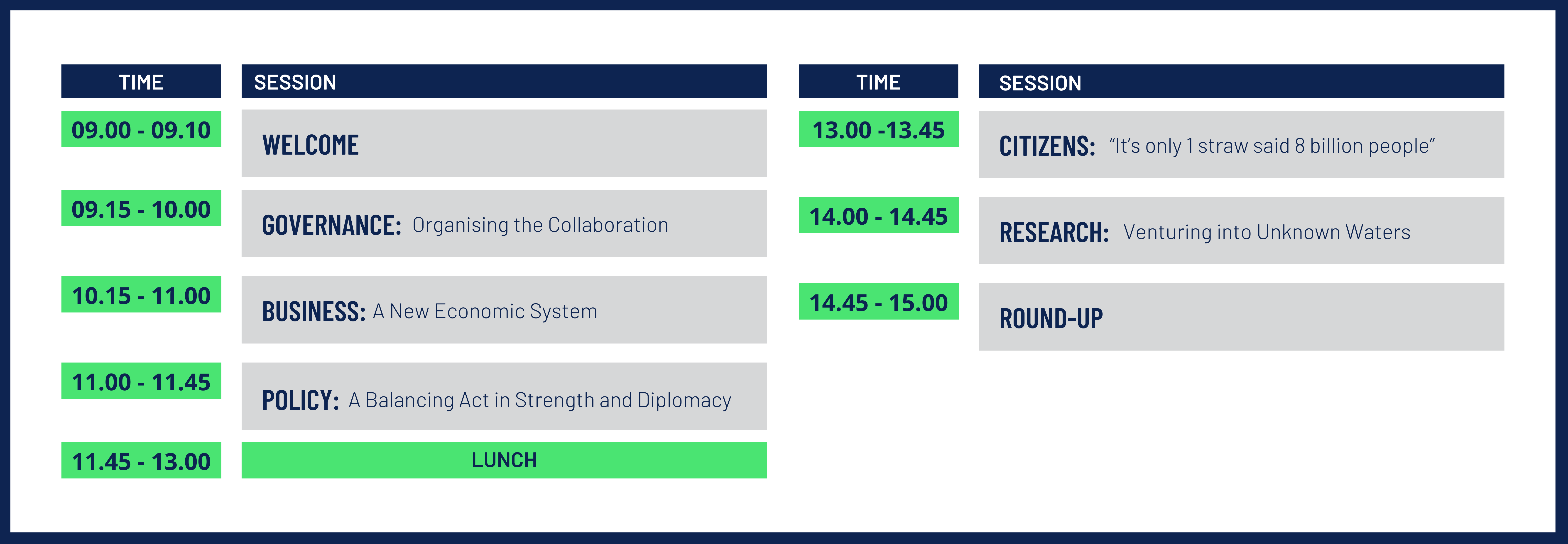REFLOW Final Event Programme – DAY 1 ONLINE
Wednesday 30th of March: 9am to 3pm CET
Welcome
Cristiana Parisi: Project Coordinator @ Reflow and Associate Professor in Management Control (CBS)
9:15 – 10am
GOVERNANCE: Organising the collaboration
The transition to circular and regenerative cities is steered by public-private-people (& planet) collaboration and requires new forms of “democratised innovation” so that all actors in cities can access and benefit from the opportunities that the circular economy creates.
The field of governance allows us to understand the relationship between the different actors, and how their interactions are organized. Understanding these dynamics clarifies which stakeholders are key to ensure the transition to circularity in cities, how they have impact and how they need to work together.
| Ilektra Kouloumpi | Senior Cities Strategist at Circle Economy | 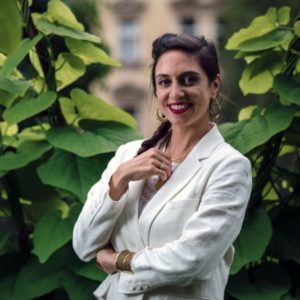 |
| Marieke van Doornick | Deputy Mayor for Spatial Development and Sustainability in the Municipality of Amsterdam |  |
| Antonia Gravagnuolo | Researcher at the Istituto di Ricerca su Innovazione e Servizi per lo Sviluppo (IRISS). Co-coordinator of the Horizon 2020 CLIC – Circular models Leveraging Investments in Cultural heritage adaptive reuse, 2017-2020 | |
| Emanuela de Menna | Project Advisor at Executive Agency for Small and Medium-sized Enterprises (EASME), European Commission |
10 – 10:45am
BUSINESS: A new economic system
The circular economy is inherently about rethinking our economic system. We need a transformation of production and consumption patterns, a shift from traditional, linear value chains to more collaborative value networks, and sustainable innovation in all sectors. This in turn requires disruptive business models and innovations. Businesses have a key role to play in driving and implementing the transition.
Although the potential economic benefits arising from using less energy and material inputs, combined with the commercial opportunities created by new technologies and emerging business models have fuelled business interest in the circular economy worldwide, we need the adoption to happen faster and by more companies.
| Yara Tayoun | Architectural Researcher in Digital and Circular transitions, Driven Studio |  |
| Charlotte Gjedde | Head of Partnerships, State of Green | 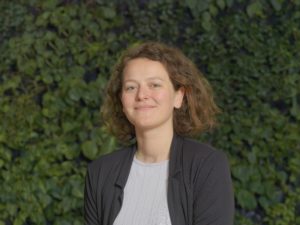 |
| Alejandro Franco | Co-Founder & Chief Commercial Officer at Kaffe Bueno | 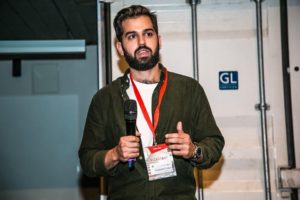 |
| Mauro Jannone | Head of Production Operations at Noumena | 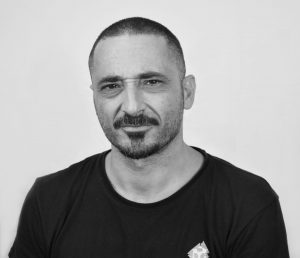 |
11 – 11:45am
POLICY: A balancing act of strength and diplomacy
The concept of circular economy is appealing for policymakers as it can be viewed as a solution for reconciling the conflicting objectives of economic growth and environmental sustainability. Companies have a key role in implementing circularity. However, various market mechanisms, structural and regulatory barriers require political vision and control, as well as support, to ensure true success.
In addition, policy manage all relevant actors in society, and therefore need to ensure that the transition is guided by just and good governance, for all parts of society.
| Valerio Barberis | Deputy-Major of Urban Planning in Prato, Italy, and holds a PhD in Architecture | 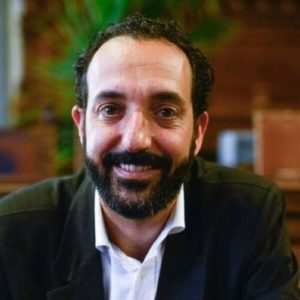 |
| Markus Hatting | Co-founder and Researcher at Tænketanken Tekstilrevolutionen | 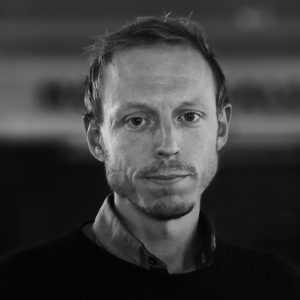 |
| Alex Pazaitis | Core member of P2P Lab, researcher at TalTech, and holds a PhD in Technology Governance |  |
| Queeny Giacone | Project manager at OpenDot srl |
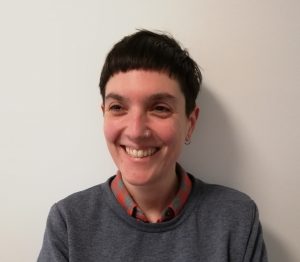 |
1:00 – 1:45pm
CITIZENS: It’s only one straw said 8 billion people
Ultimately, new innovations, technological advances and new concepts come from the inspiration and ideas of individuals, both on a niche level and within the established structures. Conversely, it is the combined actions of all of us which decides whether the intentions and initiatives of policy, business, and research have the intended effects. In sum, you and I have the power to adopt or reject the efforts to create circular cities.
However, recent times have shown us a significant gap between intention and action when it comes to people actually changing their everyday life. How can the necessary change be incentivised and to which extent should it be up to you and me?
| Daniela Patti | Italian-British architect and urban planner with a Ph.D. in urbanism. Co-founder of Eutropian |  |
| Johannes Wild | Department Head Advocacy, Grants, Consultancy | 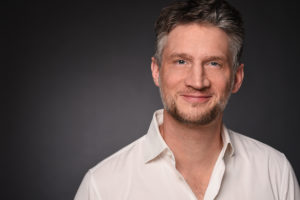 |
| Lara Monticelli | Economic and political sociologist, lecturer and public speaker interested in the critical study of contemporary capitalism, its crises and its alternatives. Assistant Professor and Marie Curie fellow at Copenhagen Business School. | 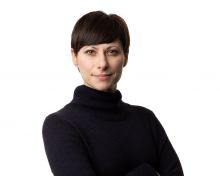 |
| Marco Kessler | Sustainability Analyst, Sustainable Brand Index |  |
2:00 – 2:45pm
RESEARCH: Venturing into unknown waters
Next to ambitious visions and strategies of urban development, the transition also needs a new body of knowledge and capacities. The transition to circularity is a journey of venturing into unknown waters, characterised by tough dilemmas and complex questions. To ensure well founded decisions based on facts rather than assumptions, we are dependent on cutting edge research able to follow and support the rapid development.
Currently, academia is facing some challenges in terms of both the ability to be reactive and relevant, and to effectively share the knowledge generated. How can research participate more actively in policy development, and society as a whole?
| Cristiana Parisi | Project Coordinator @ Reflow and Associate Professor in Management Control (CBS) |  |
| Sara Netter | Special Consultant at Copenhagen Business School (CBS), Centre Manager at CBS Sustainability and the Centre for Business and Development Studies |  |
| Anna Seravalli | Senior lecturer and design researcher at The School of Arts and Communication Malmö University |  |
| Britta Gammelgård | Editor-in- Chief of International Journal of Logistics Management and Professor of Supply Chain Management at CBS | 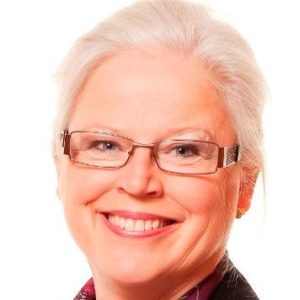 |
Join here Day 2 of the REFLOW Final Event
in-person in Copenhagen!
